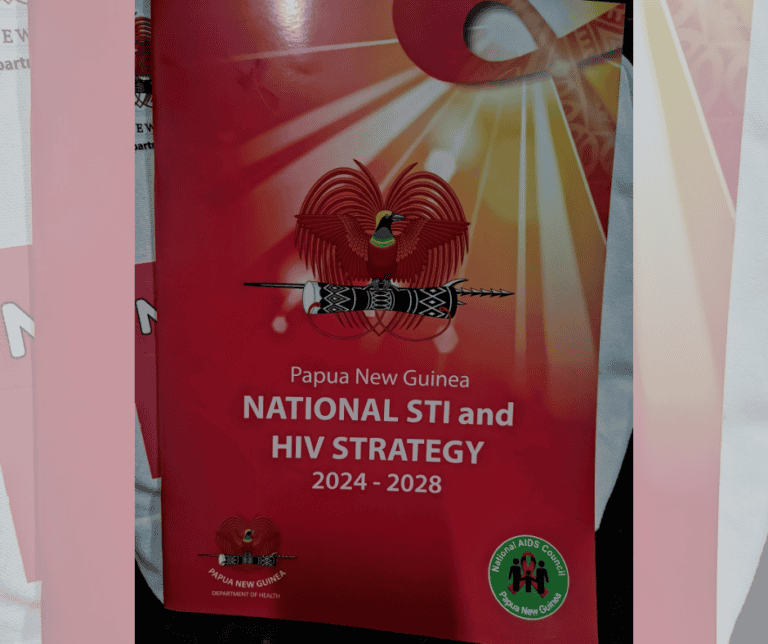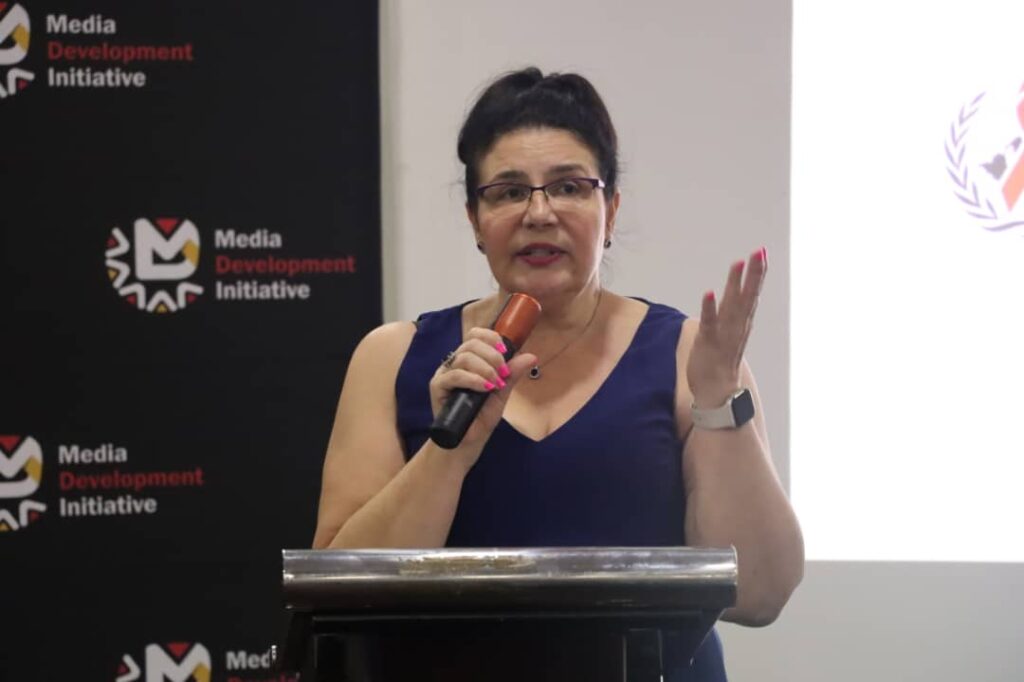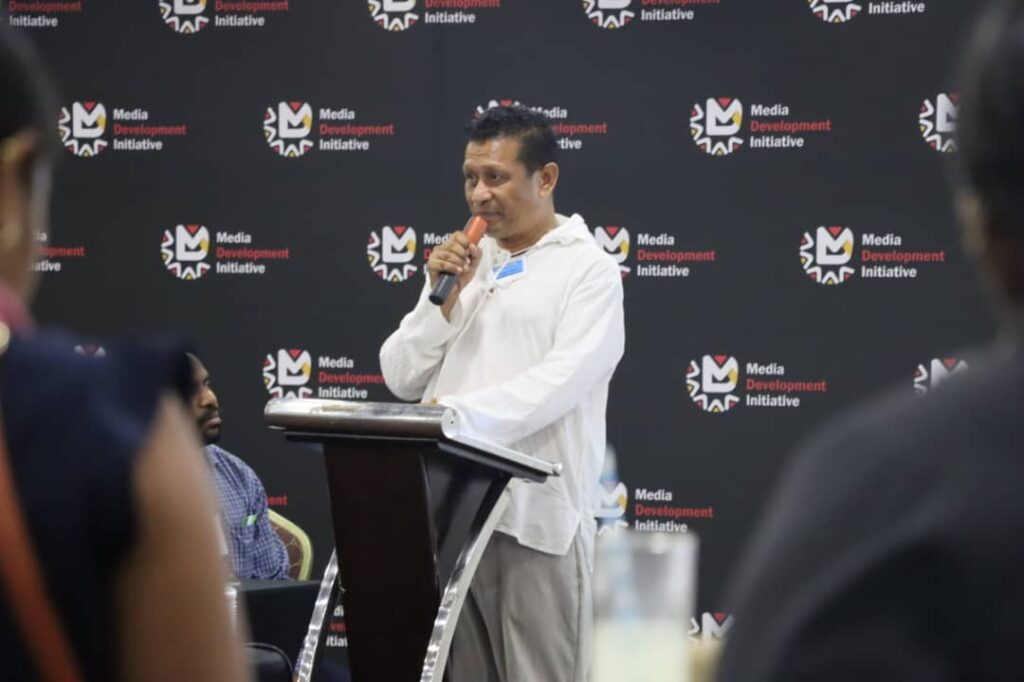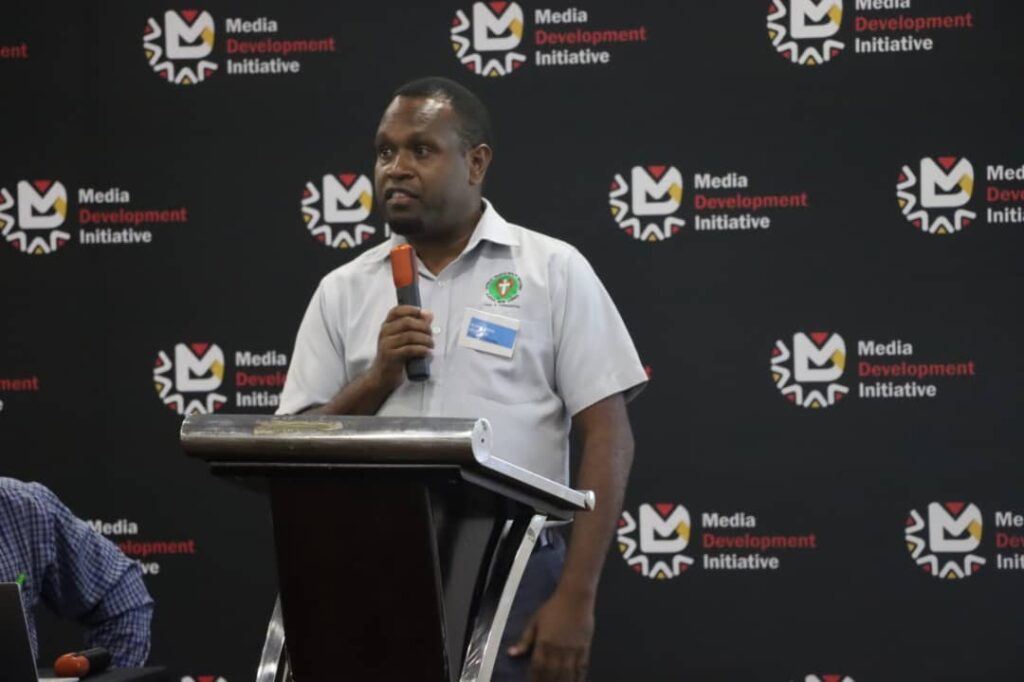As transmission rates soar, Papua New Guinea has declared a national HIV crisis to try and galvanize action to prevent the spread of the virus.
UNAIDS and the World Health Organisation estimate the Pacific nation recorded 11,000 new cases last year alone.
That’s equivalent to 30 new positive tests a day including seven newborns, who can be prevented from contracting HIV through antiretroviral therapy.
PNG Health Minister Elias Kapavore said the trend was “deeply concerning”.
“As such, I am declaring this a National HIV crisis,” he told a press conference in Port Moresby.
The declaration is more than symbolic, activating a national emergency response plan enabling cross-sector co-ordination and investment in HIV services.
Adding to the anguish at the figures is the advancement of treatment and prevention options for HIV.
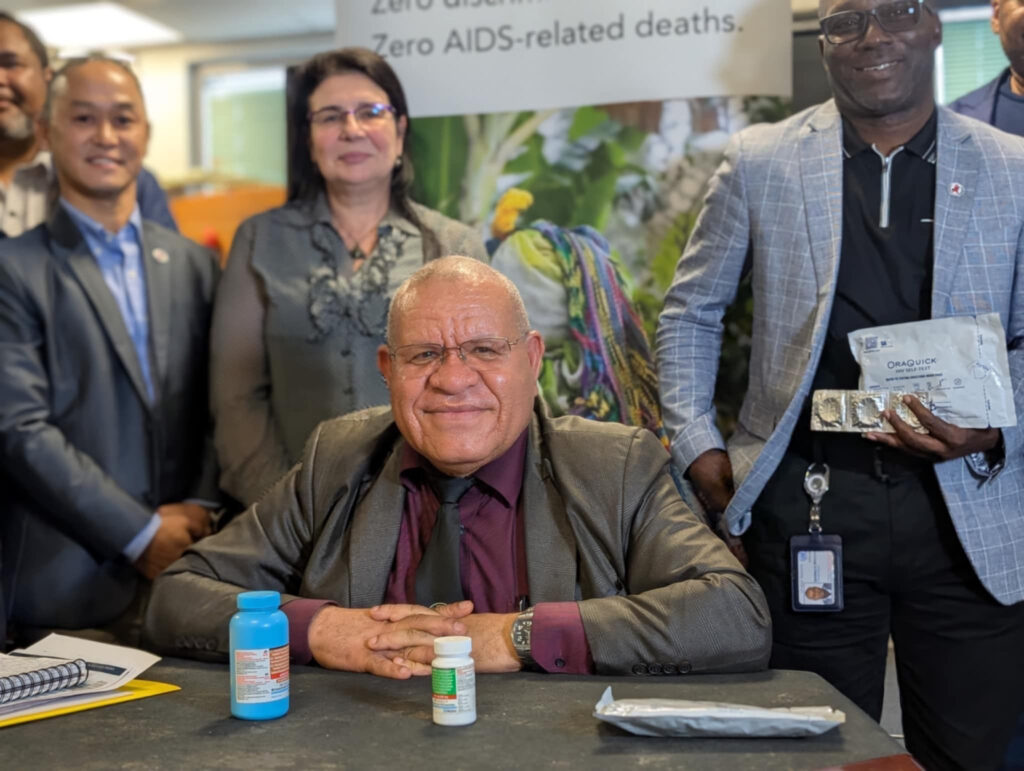
Most crucial is improving testing rates, so that more of the estimated 120,000 in Papua New Guinea with HIV can seek treatment.
Acting PNG health secretary Ken Wai said testing every pregnant woman can allow them to know their status and then access medication that prevents transmitting the virus to their child.
“We must scale-up access to HIV testing and treatment, particularly for groups most at risk. These priority initiatives should be offered at health facilities nationwide, and will require community leadership and support,” he said.
Mr Kapavore called HIV “a disease of inequality”.
“It is time for all of us to step up. I personally commit to raising this issue with my fellow ministers and parliamentarians and ensuring the urgent allocation of resources to protect our people – especially the next generation of Papua New Guineans,” he said.
The uptick reverses a decade of progress made to 2010, when World Vision reported new infections fell by roughly half to roughly 6000 a year.
Written by: Ben McKay (AAP)


